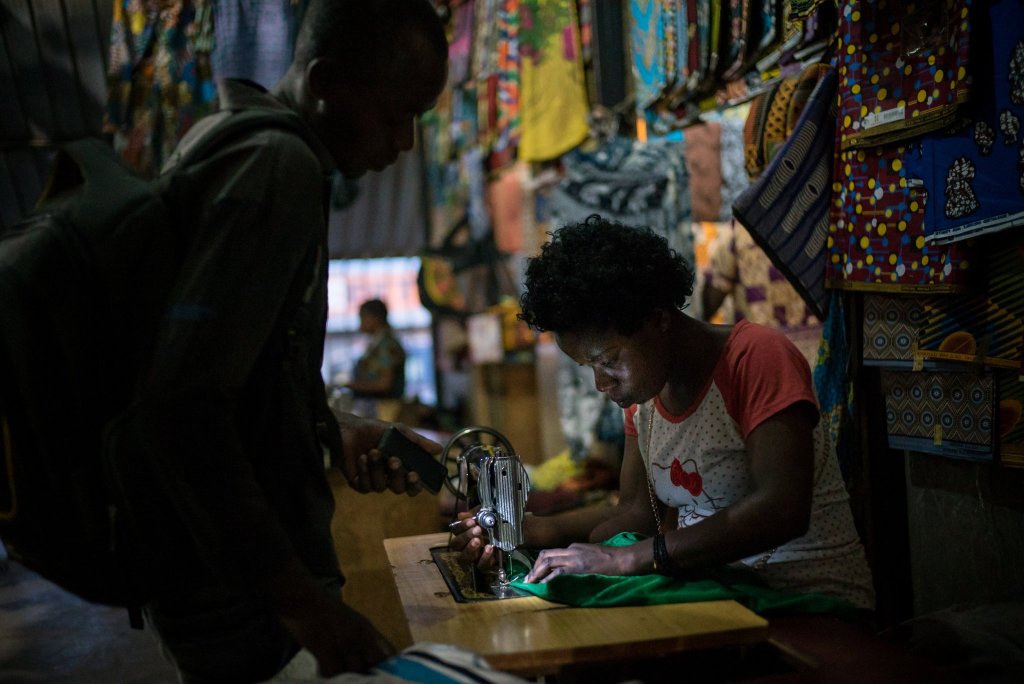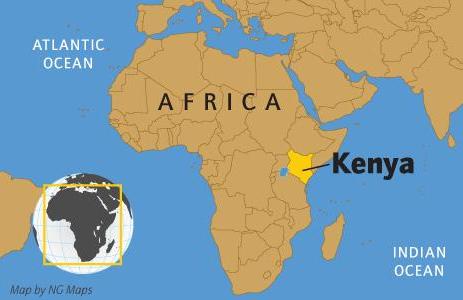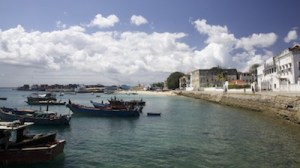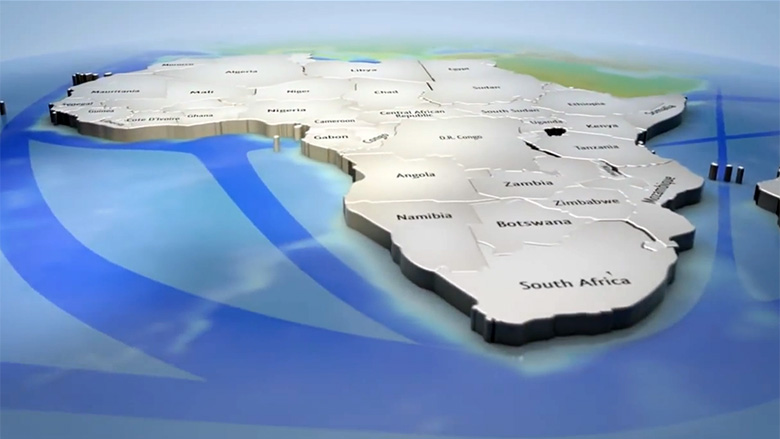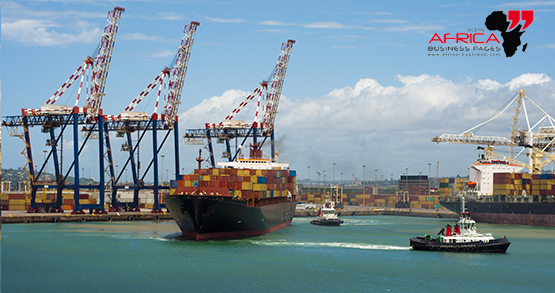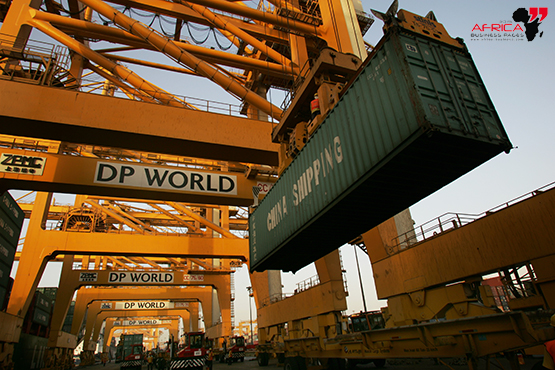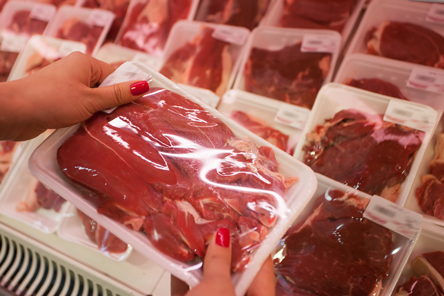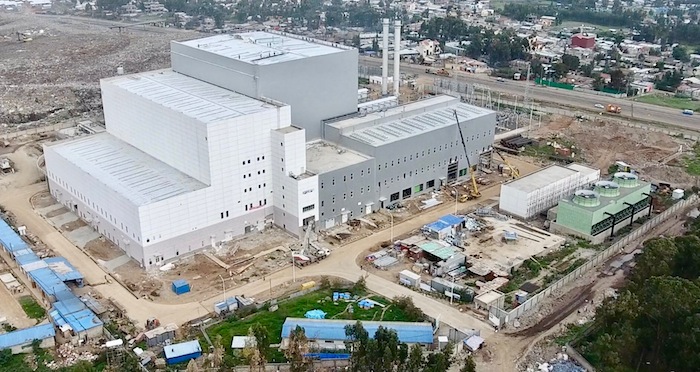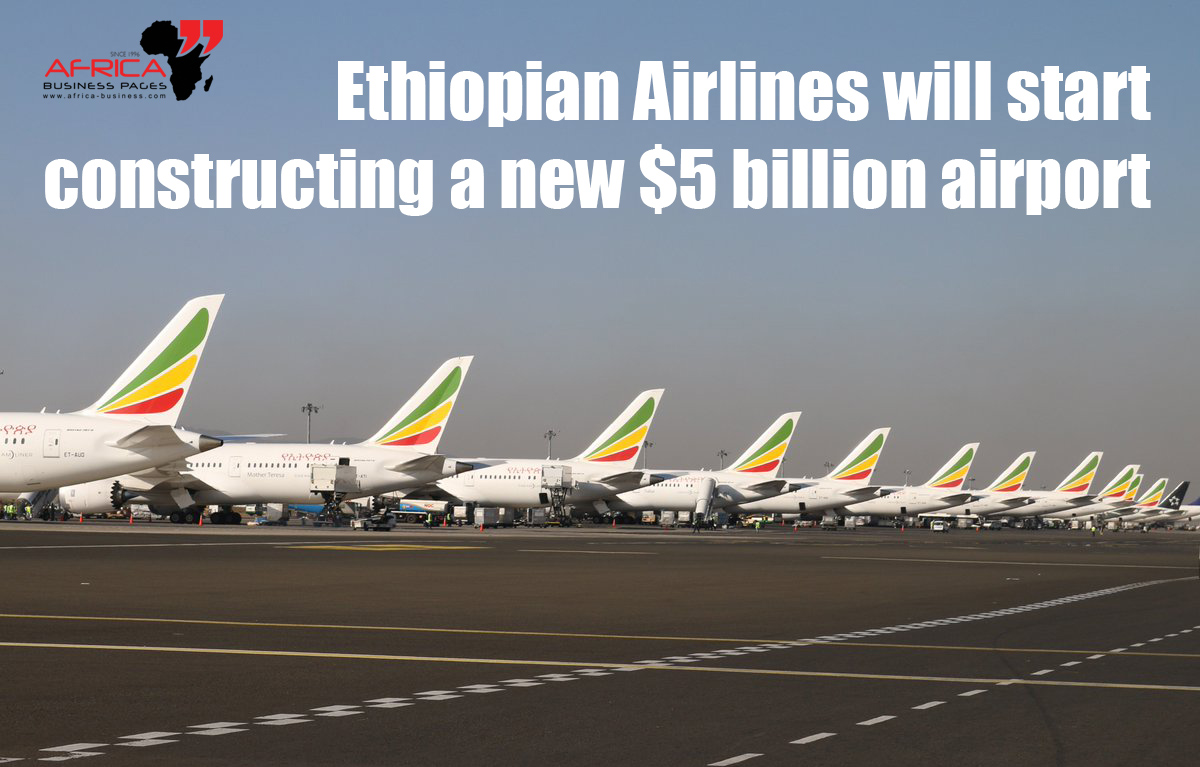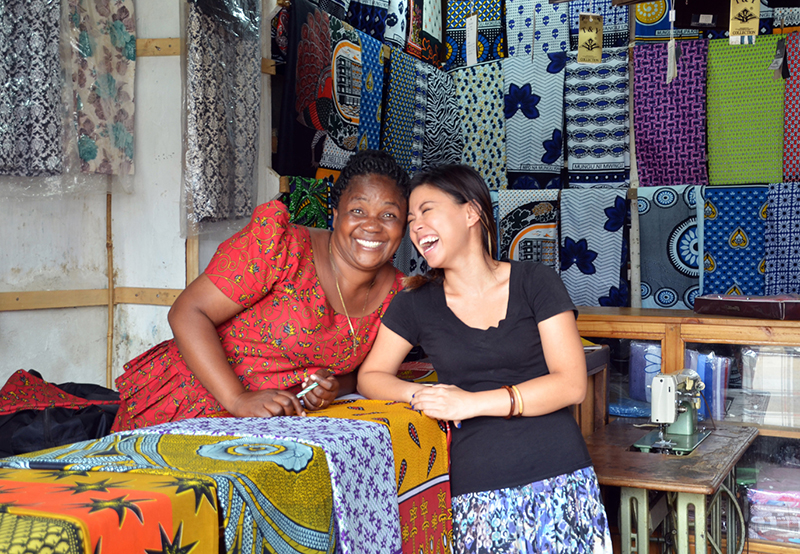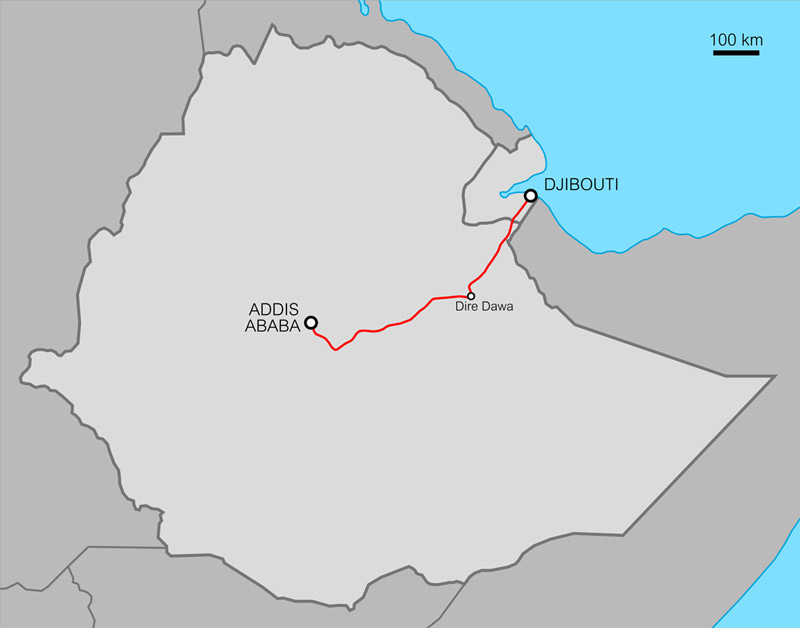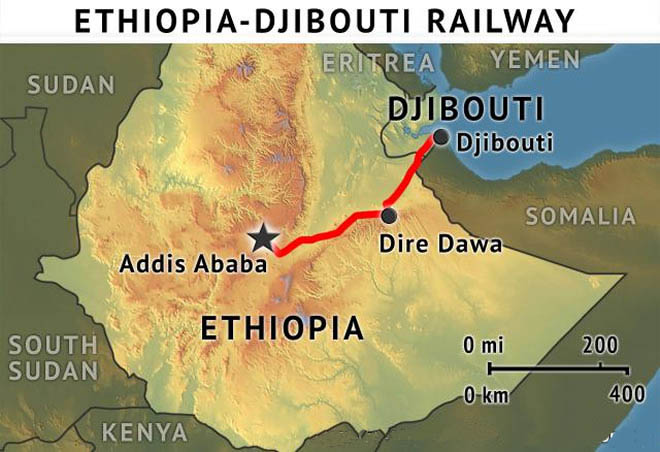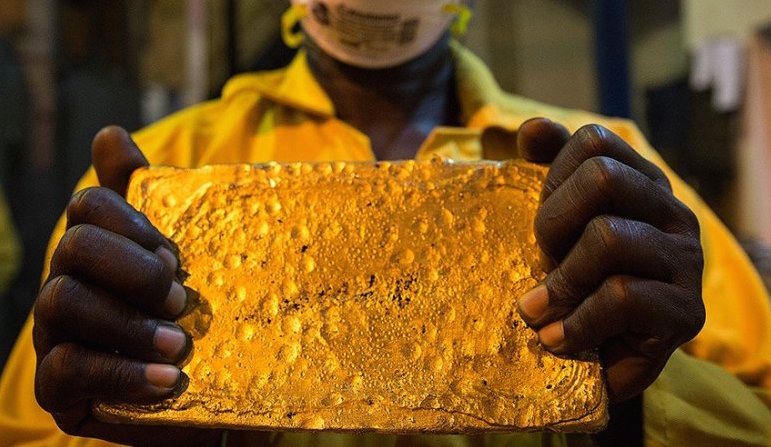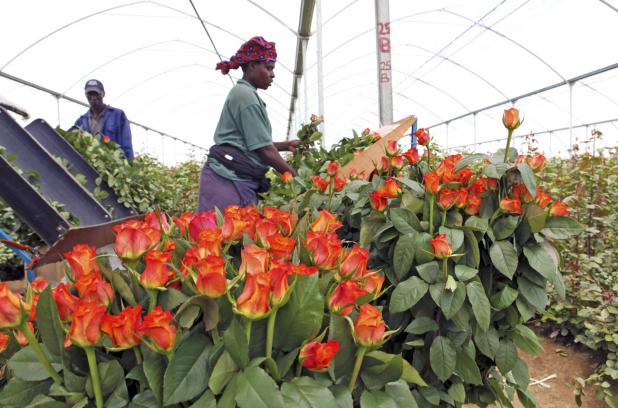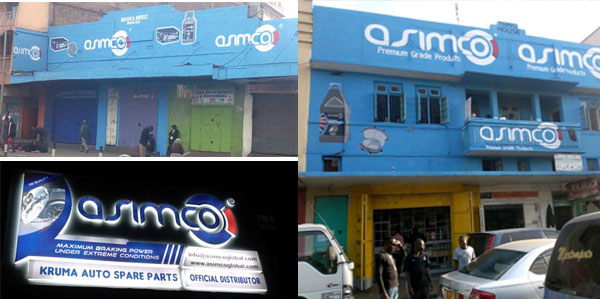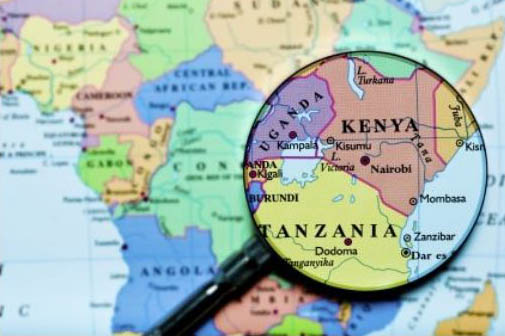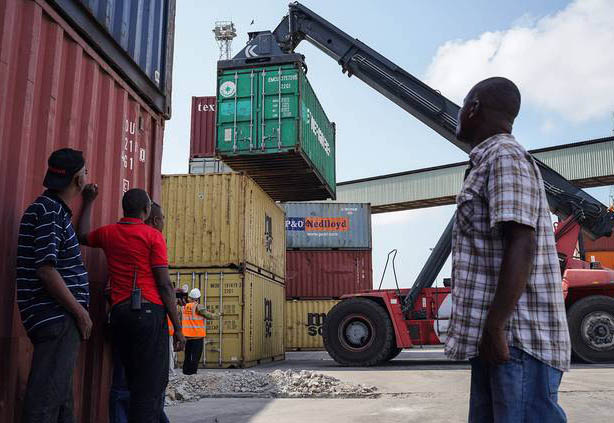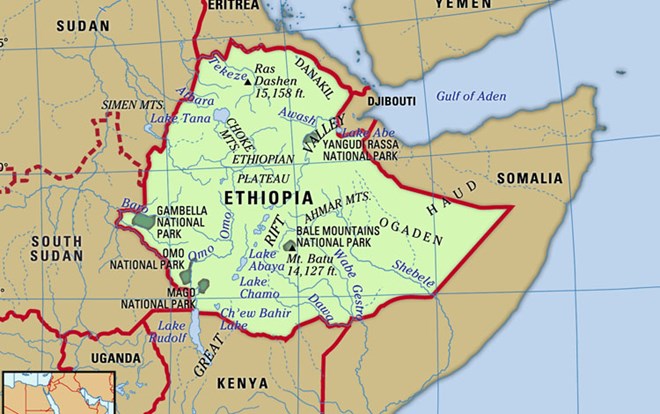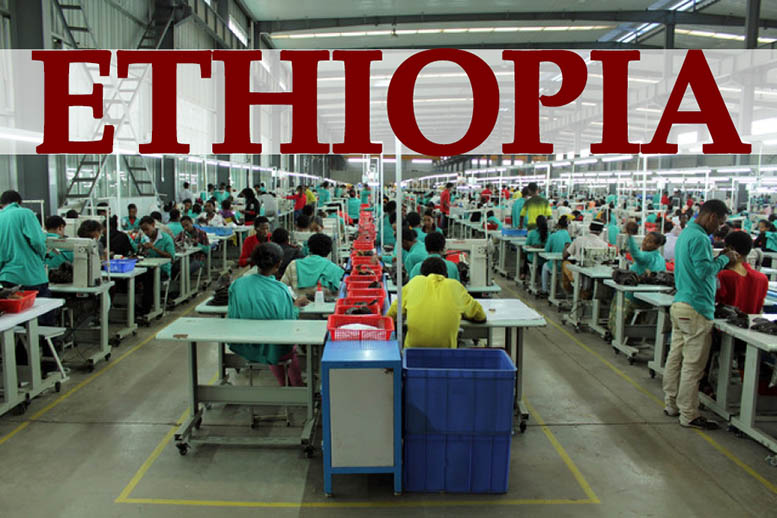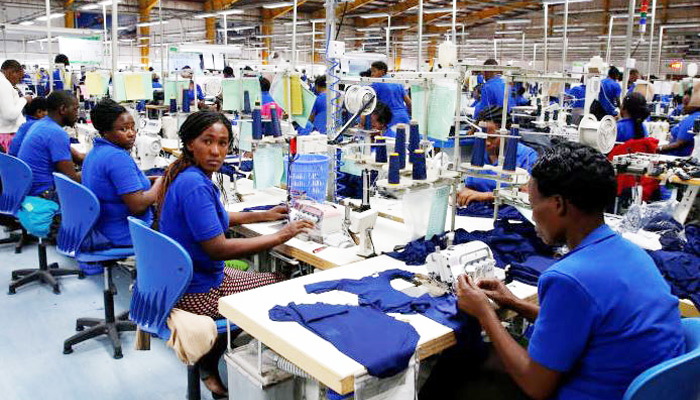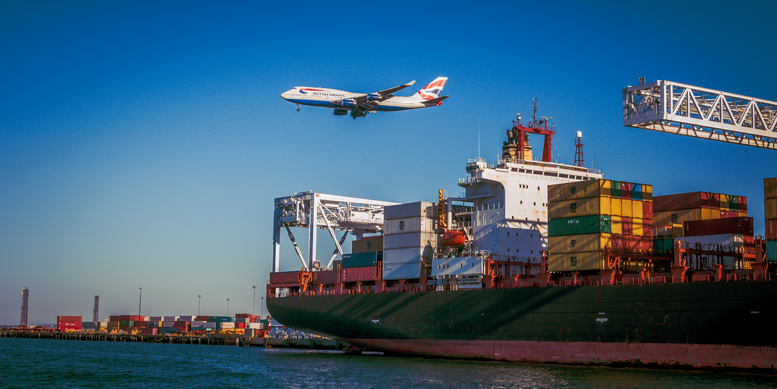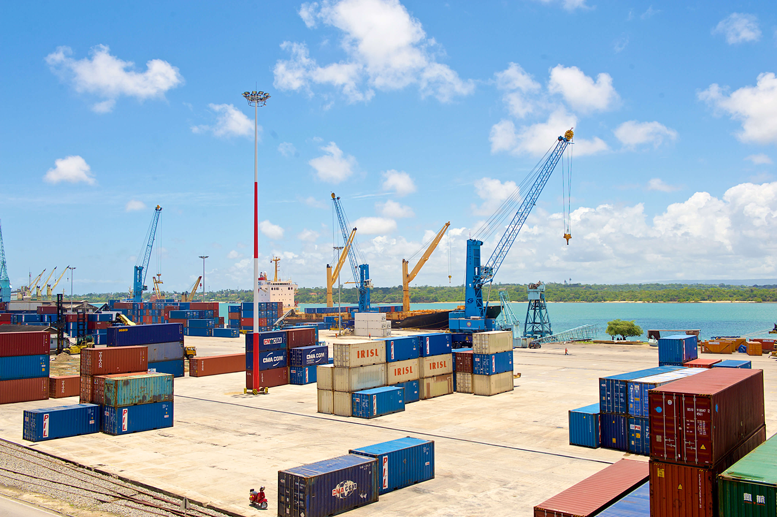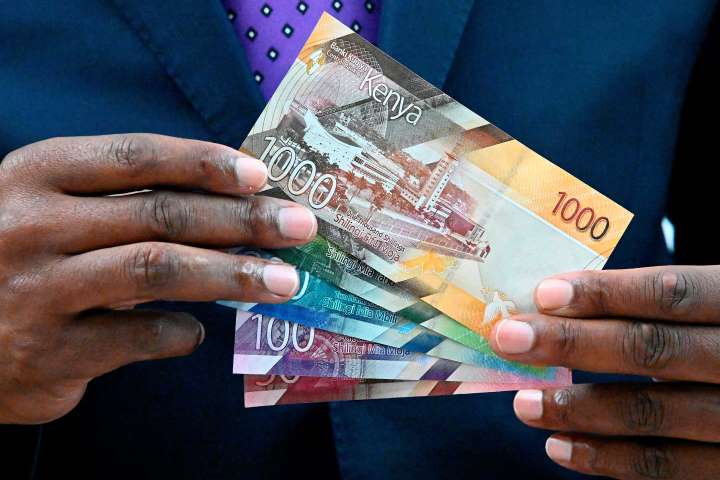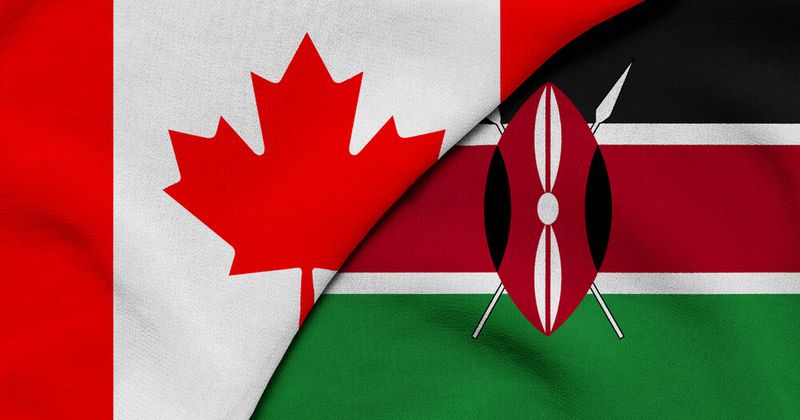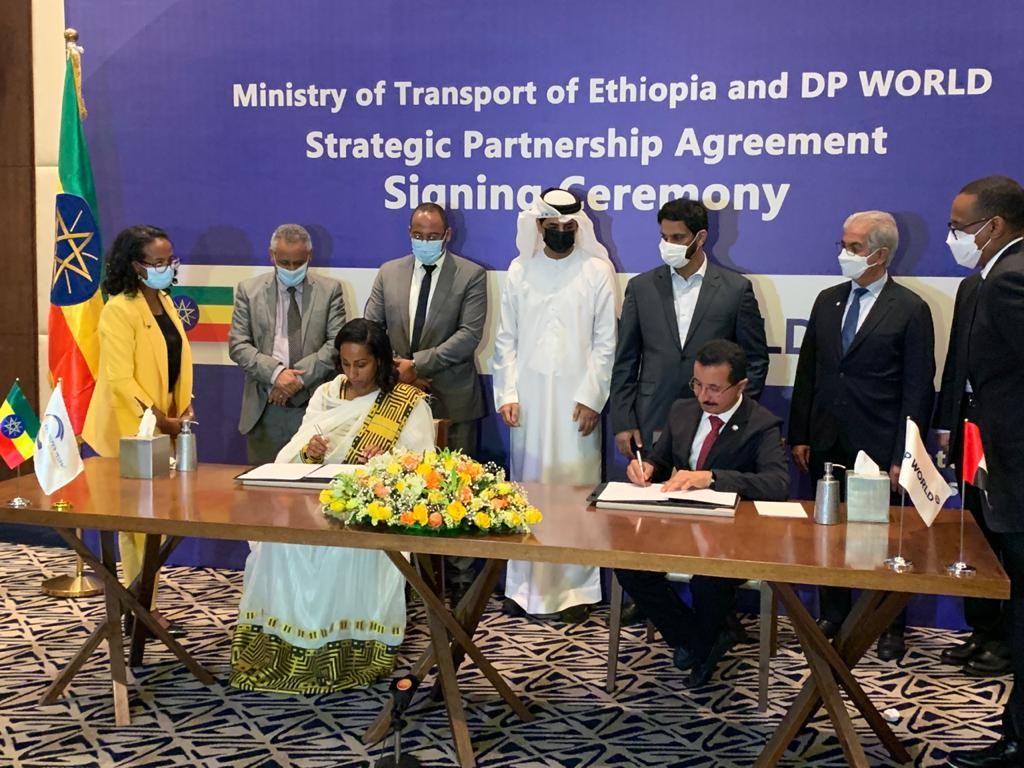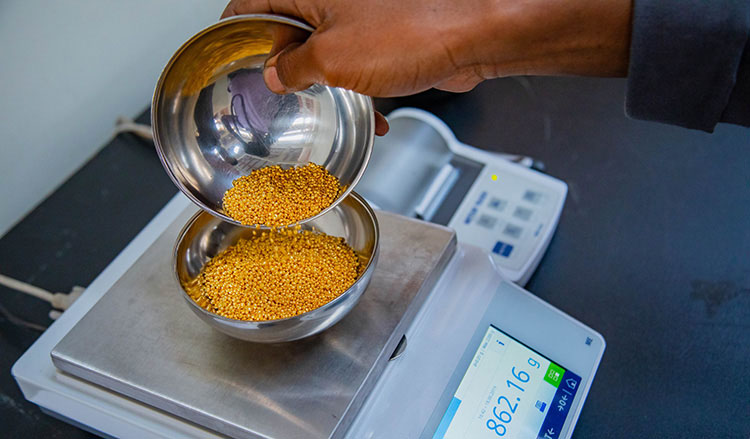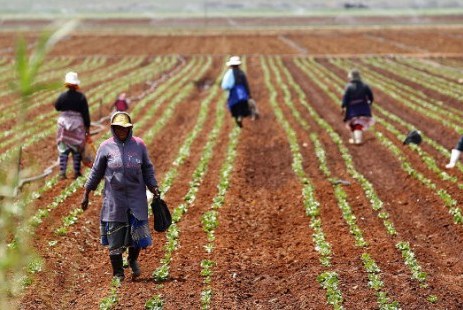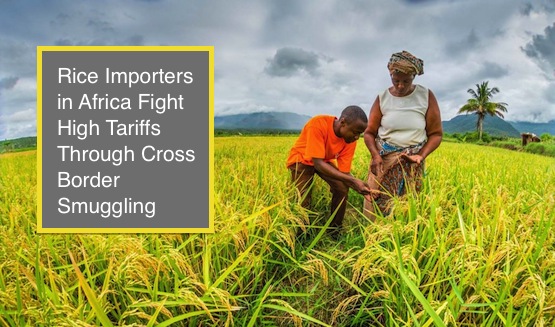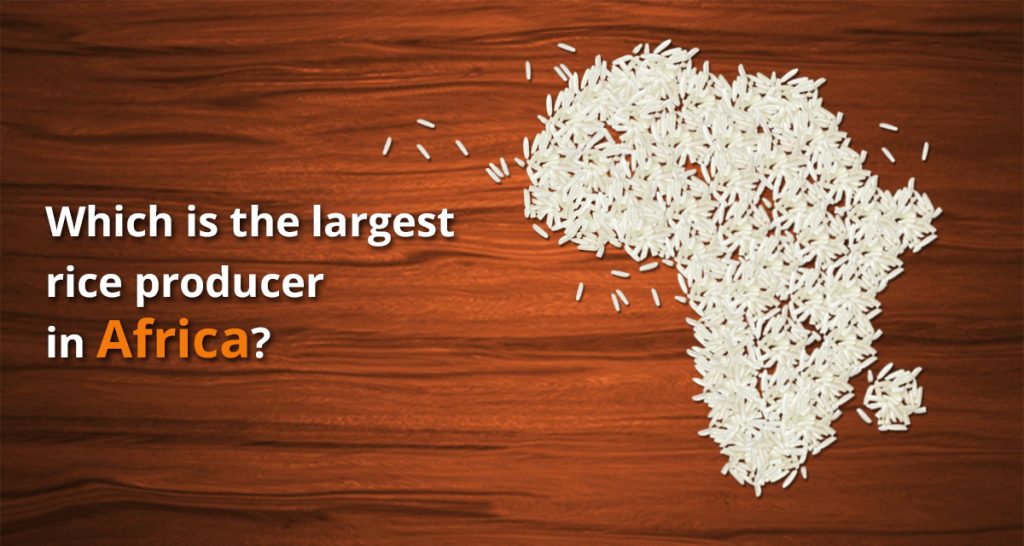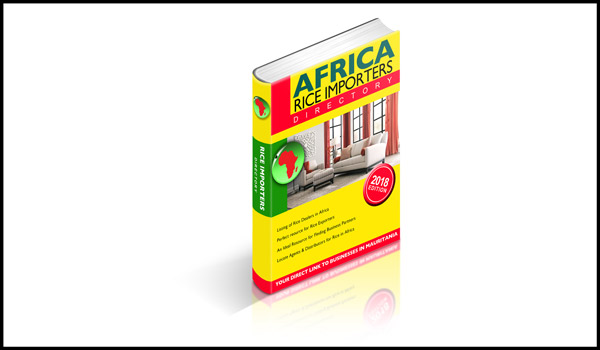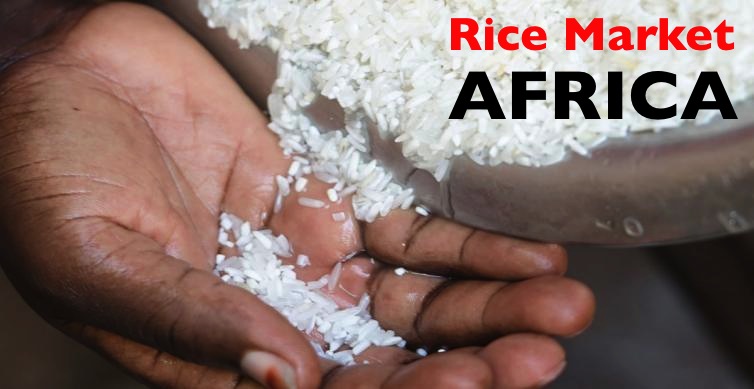Africa's Coffee Industry: Investment Opportunities
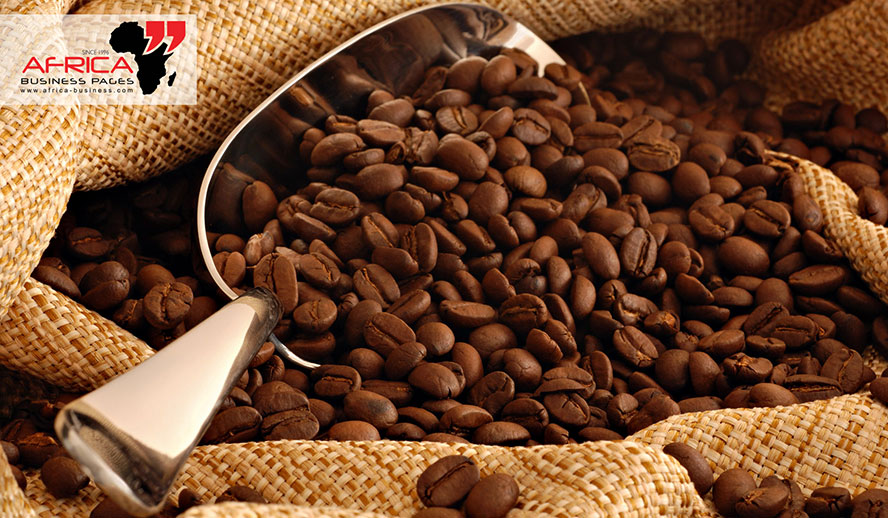
Coffee is big business – it is estimated that over 2 billion cups of coffee are consumed around every day around the world. According to rough estimates, over 140 million bags of coffee beans are traded internationally.
Coffee trade is worth over $16 billion globally – making coffee one of the most traded commodities in the world after crude oil.
In many developed nations, coffee is no more a luxury drink but a daily necessity. As a result, demand for coffee has been growing steadily with the passing of each year. According to recent reports, annual coffee consumption is expected to cross 200 million bags by 2030.
Against this backdrop, African coffee has a bright future as it produces some of the best coffee beans in the world. Coffee and tea exports, in fact, have been the top revenue earners for many African countries.
Currently, the global coffee trade has been dominated by South American and Southeast Asian countries like Brazil, Vietnam, Colombia, and Indonesia. However, African countries are now emerging as one of the tp exporters of high quality coffee beans as
top coffee producers from South America are already facing obstacles because of climate change causing a fall in coffee production in South America.
On the other hand, Africa produces some of the finest quality beans, demand for which has been growing exponentially in recent years.
Africa’s leading coffee producers like Ethiopia, Uganda, Cote D’Ivoire, Kenya, Tanzania, Rwanda, Madagascar – to name a few – are already recognized globally as the leading suppliers of high quality coffee beans. According to recent reports, Ethiopia and Uganda dominate the East Africa's coffee supply chain, accounting for 62% of sub-Saharan Africa’s coffee output.
Dedicated organisation's like the African Fine Coffees Association (AFCA) predict bright future for Africa's coffee industry. In one of their recent reports they noted that African farmers are fine tuning their production methods by planting more coffee trees and boosting their exports by exploring new markets to boost their income. As a result, Africa’s coffee production is expected to double in the next five years, thereby making it one of the leading coffee exporters in the world.
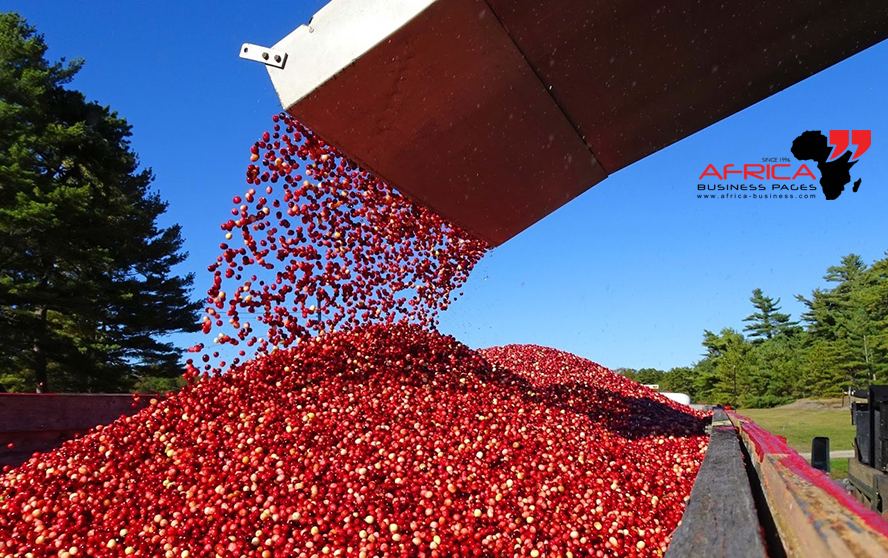
The Market for Coffee
Demand for coffee in Brazil, North America, and Europe has been growing each year. Europe has emerged as one of the largest consumers of coffee with over 45 million bags bought in 2021. Demand for coffee in Canada and Brazil has been growing too, with consumption of more than 6 kilograms of coffee per person every year. Indonesia, Vietnam and India are also consuming more coffee than ever before. China too has emerged as a big importer of coffee from Africa. All this points to the bright future for exporters of coffee in Africa.
Due to rising demand for coffee from all across the world, there has been a shortage of coffee because production levels have not grown simultaneously.
African coffee producers can easily meet the shortage of coffee in the world by growing more coffee. African coffee growers have an excellent opportunity to boost their sales by supplying more coffee by simply producing more coffee. As it is, sub-Saharan Africa has the perfect climatic conditions and soil for coffee farming.
Ethiopia has dominated coffee production in Africa and can allot an aditional 5.4 million hectares of farmland available for coffee cultivation. On the other hand, Uganda coffee famers recoded a 36 percent growth in production and a 15 percent growth in exports in 2021. This fivefold increase in their share of the international coffee market is a direct result of them penetrating new markets across the world.
Although Africa has been exporting coffee for many decades, most of it has been raw coffee beans and not processed, ready-to-consume coffee. As a result, most African nations only earn a small percentage of the global coffee earnings because multinational processors and big retailers in Europe and America take the largest share of coffee profits.
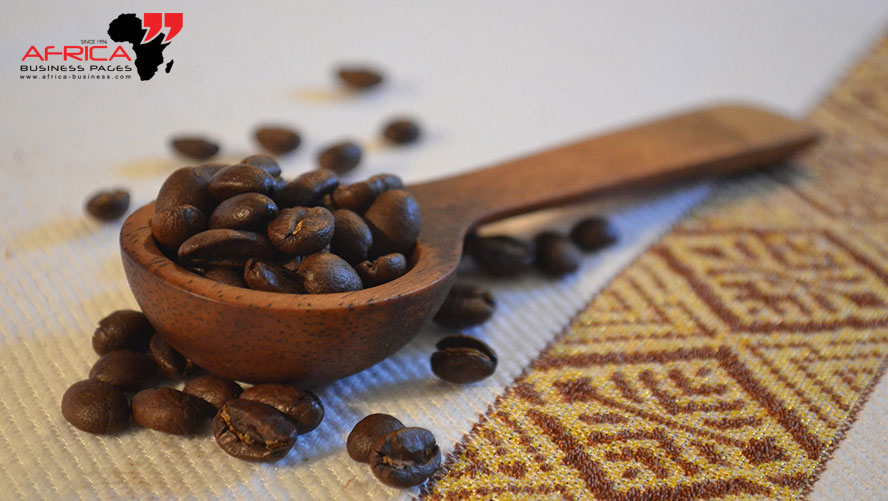
Advantages African Coffee
African coffee industry also has an another advantage over its competitors – although its competitors like Colombia, Brazil and Vietnam produce more coffee beans, it is the quality of coffee that matters in the end and African coffee beans are considered premium due to the fact that African countries have better quality of elevation, soil, and climate for coffee farming. As a result, African coffee beans of premium quality are in higher demand in coffee consuming nations in Europe and USA where almost 50% of the coffee consumed is of premium quality.
Although other countries produce more coffee beans than African countries, industry leaders such as do not strictly control the marketplace because not all coffee is equal. Unlike other products such as steel or oil, coffee is a product that differs by region, elevation, soil, and climate. Because consumers demand a diversity of beans, new countries suitable to grow coffee face fewer entry barriers and establish a niche in the coffee market.
Africa accounts for about 12% of the world’s production and coffee consumers around the world prefer premium quality coffee from Africa. Specialty coffee, with unique flavors and taste, are a much prized commodity globally, and can be a top revenue earner for Africa in the coming years.
In the global coffee trade circles, Africa is famous for its specialty coffee beans. For instance, Ethiopia – Africa’s largest coffee producer – has 5,000 different strains of Arabica, the world’s most famous coffee specialty coffee whereas countries like Brazil and Colombia only have about 20 strains.
Ethiopia, the origin of Arabica coffee, is renowned for its unique Yirgacheffe, Sidamo, and Harar Arabica varieties, while Kenya’s fine Arabica beans grown at high altitudes near Mount Kenya are in equally high demand.
And this is why key specialty coffee producers like Ethiopia, Kenya, Rwanda, South Sudan, Tanzania, Cameroon, Zambia, Burundi, and Congo will benefit a lot from the growing demand for specialty coffee worldwide.
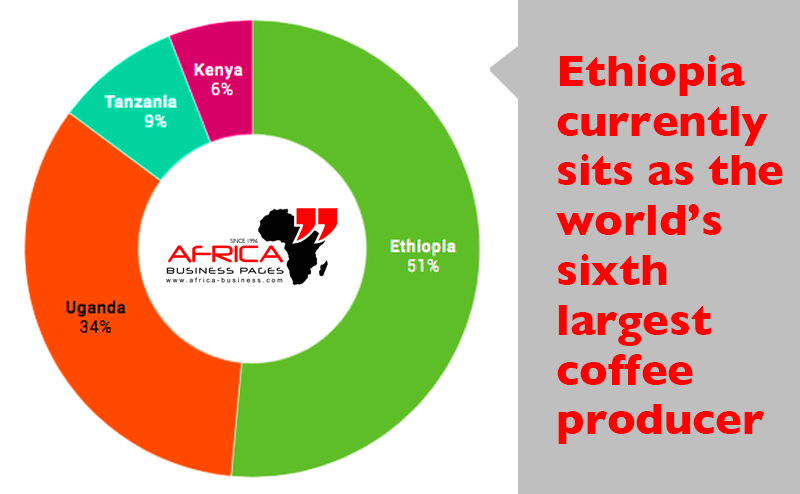
Investing in Africa’s Coffee Industry
While South American coffee is subjected to climate change, African coffee could take advantage of the decreased productivity of the competition to gain a market share in rich countries, in particular, the US and the EU. This would allow them to conquer a niche market of specialty coffee made of high-quality and high-priced coffee.
By taking advantage of the global coffee market, many African countries are poised to grow rapidly. These countries are making sure they improve their quality of life while they export their product all over the world. Africa’s coffee market expansion and the diversification of African economies lead to greater stability and more trade for all countries that enjoy their coffee.
The volume of business is huge – Coffee exports from Africa were valued at nearly $2.5 billion in 2021. Ethiopia was the leading exporter, earning around $1.2 billion in coffee exports. Uganda followed with an export value of $594.2 million in 2021.
Ethiopia currently sits as the world’s sixth largest coffee producer. The industry employs approximately 15 million people and accounts for 28 percent of the country’s total annual exports.
Uganda ranks eighth on the list of global coffee production. The country grows very little arabica coffee compared to Ethiopia, with robusta comprising 82 percent of total production. robusta coffee is indigenous to Uganda, and two main varieties—Nganda and Erecta—are grown specifically for their suitability for the growing instant coffee industry.




